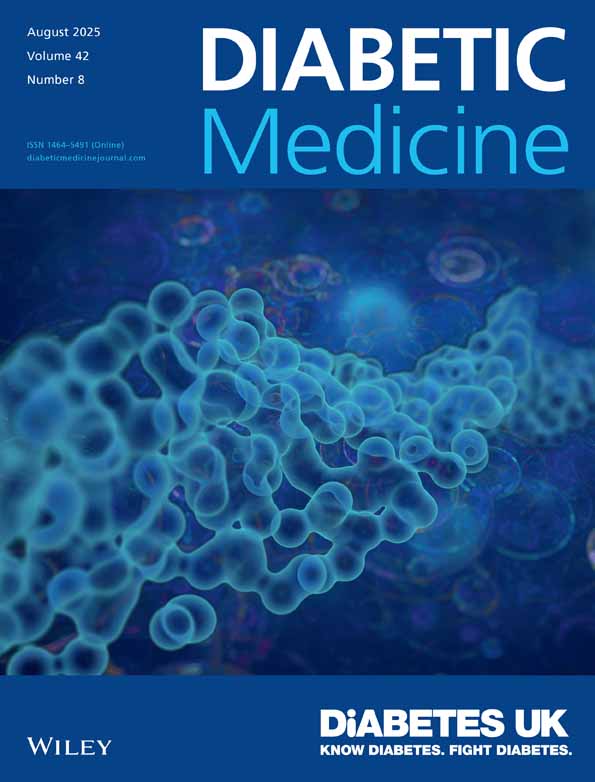Hypoglycaemia and Non-cognitive Aspects of Psychological Function in Insulin-dependent (Type 1) Diabetes Mellitus (IDDM)
Abstract
Hypoglycaemia provokes unpleasant symptoms and sensations in patients with insulin-dependent (Type 1) diabetes mellitus (IDDM). There is much interest in, and information on, the cognitive effects of acute insulin-induced hypoglycaemia. However, the effects of hypoglycaemia on brain function extend to important, non-cognitive aspects of psychological functioning, which are reviewed here. Acute hypoglycaemia induces changes in mood which result in a transient state of ‘tense tiredness’, a decrease in happiness, an increase in tense arousal, and decreased energetic arousal. Appraisals of life problems are affected adversely. Frequent exposure to hypoglycaemia is associated with heightened fear of hypoglycaemia, which can be quantitated in individuals. Personality may also influence behavioural responses to hypoglycaemia and the ability of an individual to cope with diabetes. The adverse effects of hypoglycaemia on mood, behaviour, personality, social function and management of diabetes in individual patients may be profound and need to be identified and addressed appropriately. © 1997 by John Wiley & Sons, Ltd.




